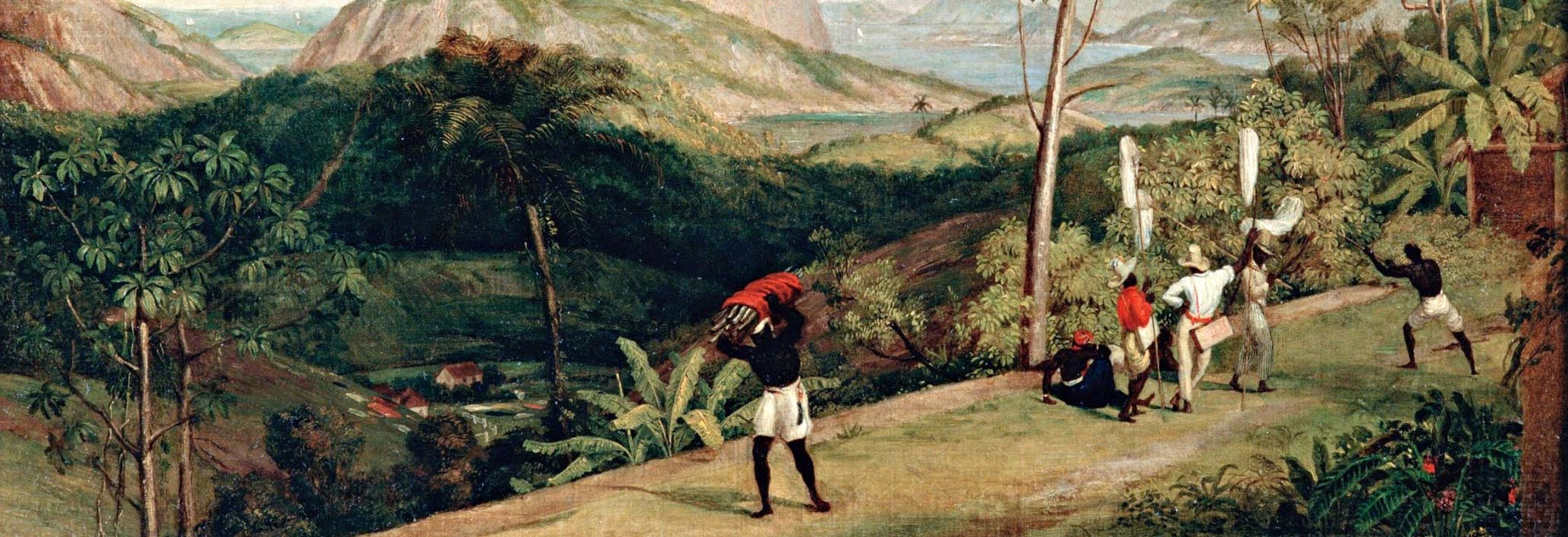
The data in this project focused on the historical enslavement of Africans, which includes enslaved Africans; their enslaved descendants; former slaves; individuals involved in the sale, employment, control, and/or manumission of enslaved people (slavers, financiers, merchants, ships’ captains and crew, land/factory/ship owners, etc.); and others who were enslaved with and/or labored in the same societies as enslaved Africans and their descendants (for example, enslaved indigenous people and indentured people). Our content focuses on slavery from Africa across the Atlantic and Indian Oceans, from the origins of transoceanic slavery through the emancipation generation. Other types of global slavery are outside of our specific scope.
For guidance on submitting datasets, see the Journal of Slavery and Data Preservation’s “Submission and Style Guide.” Please note that we can only take data that has been extracted from primary sources, by which we mean spreadsheets of information, rather than text or scans of documents. The “Methodology” section in published JSDP articles is a great resource to learn how other contributors created their datasets.
We can’t help with the labor of creating datasets out of your documents, but we are happy to provide advice. A Recommended Pratices Guide is available here. We can also provide a letter of support if you are applying for grant funding from your state humanities council or other sources to create datasets that are relevant to Enslaved.org.
Enslaved.org is constantly expanding, but only individuals who appear in submitted datasets will show up in search results. Many famous individuals or your ancestors might be missing because they haven’t been part of any contributed dataset yet. Descriptions of the datasets we have integrated so far can be found here https://enslaved.org/data. If you know of a record collection in which enslaved people are documented, let us know or tell the holding institution about us and we will work together to try to integrate it into our resources.
To see our announcements about new content, you can follow Matrix (the research center that houses Enslaved.org) on Twitter, LinkedIn, or Facebook.
The JSDP is the publishing arm of Enslaved.org and also the intake mechanism for information. Every piece of data on Enslaved.org is conextualized with a correspodning data article in the JSDP. In addition to seeing data within Enslaved.org's linked open search, you can also access and download published datasets; look for the "Download Dataset" link to the left of each article or the "Data Links" within each article to download the spreadsheet.
Enslaved.org is part of Michigan State University's Matrix: Center for Digital Humanities & Social Sciences, which is 501c3. To donate to the project, visit https://enslaved.org/support-our-mission.
For other questions, write Enslaved.org@gmail.com